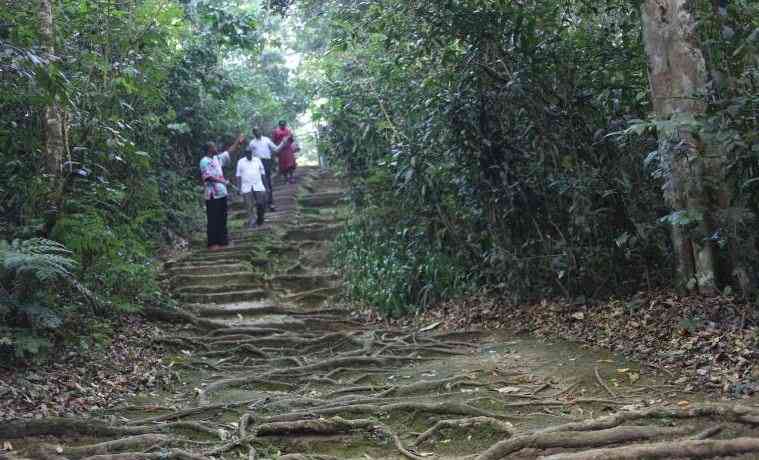
In recent years, public spaces, such as forests, parks, and other secluded outdoor areas have increasingly become hotspots for couples seeking intimacy. While the behaviour may seem unconventional, it is fueled by a mix of financial constraints, thrill-seeking tendencies, and a lack of awareness about the potential risks.
For many couples, particularly those from lower-income backgrounds, financial limitations are a significant factor. The cost of renting private spaces, such as hotel rooms or lodges can be prohibitive. A standard room might cost the upwards of Sh1,000, a sum many cannot afford. Instead, couples turn to forests, parks, or hidden outdoor corners, which are free and often easily accessible.







